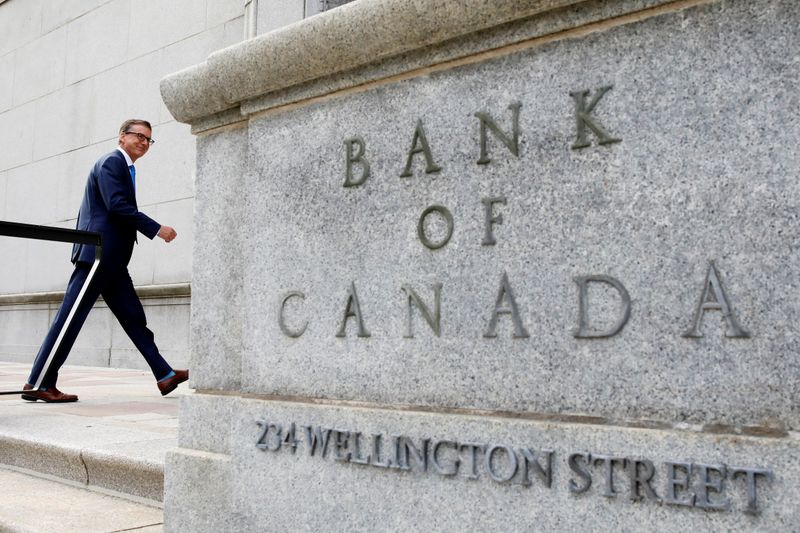By Ketki Saxena
Investing.com -- At an emergency meeting over the weekend, the Bank of Canada joined a coalition of global central banks to stop the banking crisis from spreading, as Swiss authorities and Swiss Central Bank brokered a deal for UBS Group AG (SIX:UBSG) to buy rival Credit Suisse (SIX:CSGN) Group AG.
The Credit Suisse collapse follows from the crises at the Silicon Valley Bank and Signature Bank earlier this month, that raised worries of a 2008 like financial crisis, if banks like Credit Suisse that are “too big too fail” began to fail.
In this case, the Swiss Central Bank stepped in to broker a deal for UBS to buy its former rival. The deal includes 100 billion Swiss francs (US$108 billion) in liquidity assistance for UBS and Credit Suisse.
UBS Chair Colm Kelleher said during a press conference that it will wind down Credit Suisse’s investment bank, which has thousands of employees worldwide.
Soon after the announcement late on March 19, the U.S. Federal Reserve, the Bank of Canada, European Central Bank, Bank of England, Bank of Japan and other major central banks issued statements to reassure markets as the end of Credit Suisse raised worries of further bank failures.
In a joint statement, the central banks announced: “To improve the swap lines’ effectiveness in providing U.S. dollar funding, the central banks currently offering U.S. dollar operations have agreed to increase the frequency of 7-day maturity operations from weekly to daily,”
In plainspeak, in order to support market stability and ensure the market stays liquid through the crisis, the coalition of central banks will now increase the frequency of their U.S. dollar auctions from a weekly to a daily basis. The banks will offer daily loans in dollars to their banks, holding daily auctions at least through the end of April.
The Bank of Canada in its own statement announced: “The network of swap lines among these central banks … serves as an important liquidity backstop to ease strains in global funding markets, thereby helping to mitigate the effects of such strains on the supply of credit to households and businesses”.
The co-ordinated response from the central banks appears to have calmed investor worries and strengthened sentiment on banks, helping Wall Street and the TSX close higher.
